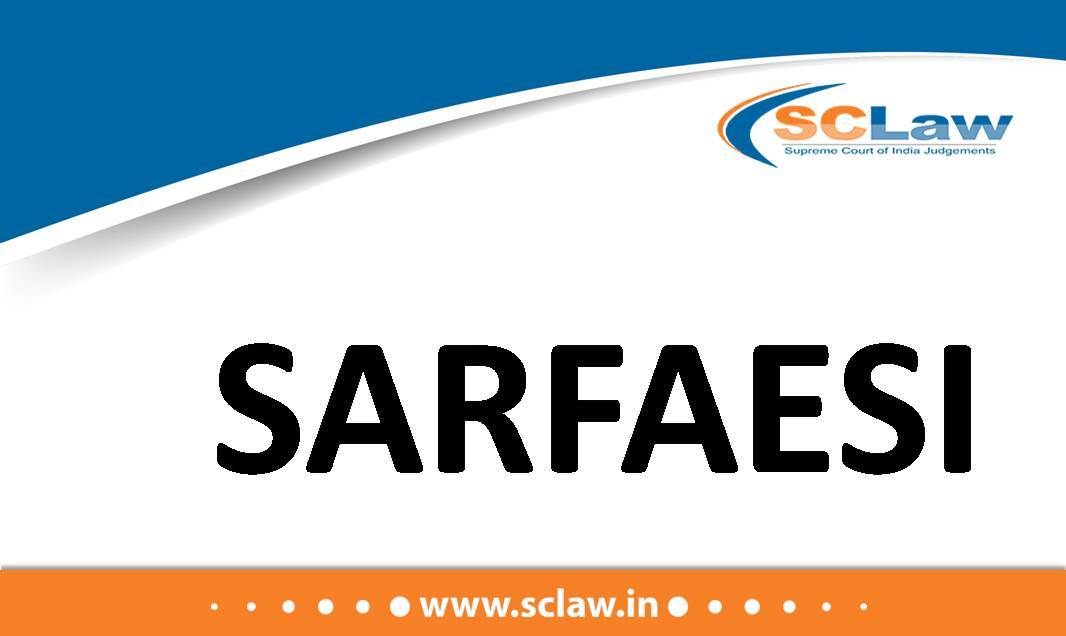“Corruption is a tree whose branches are of an unmeasurable length; they spread everywhere; and the dew that drops from thence, Hath infected some chairs and stools of authority.” – Anticipatory bail cancelled – Appeal allowed.
SUPREME COURT OF INDIA DIVISION BENCH CENTRAL BUREAU OF INVESTIGATION AND OTHERS — Appellant Vs. SANTOSH KARNANI AND ANOTHER — Respondent ( Before : Surya Kant and J.K. Maheshwari, JJ.…








